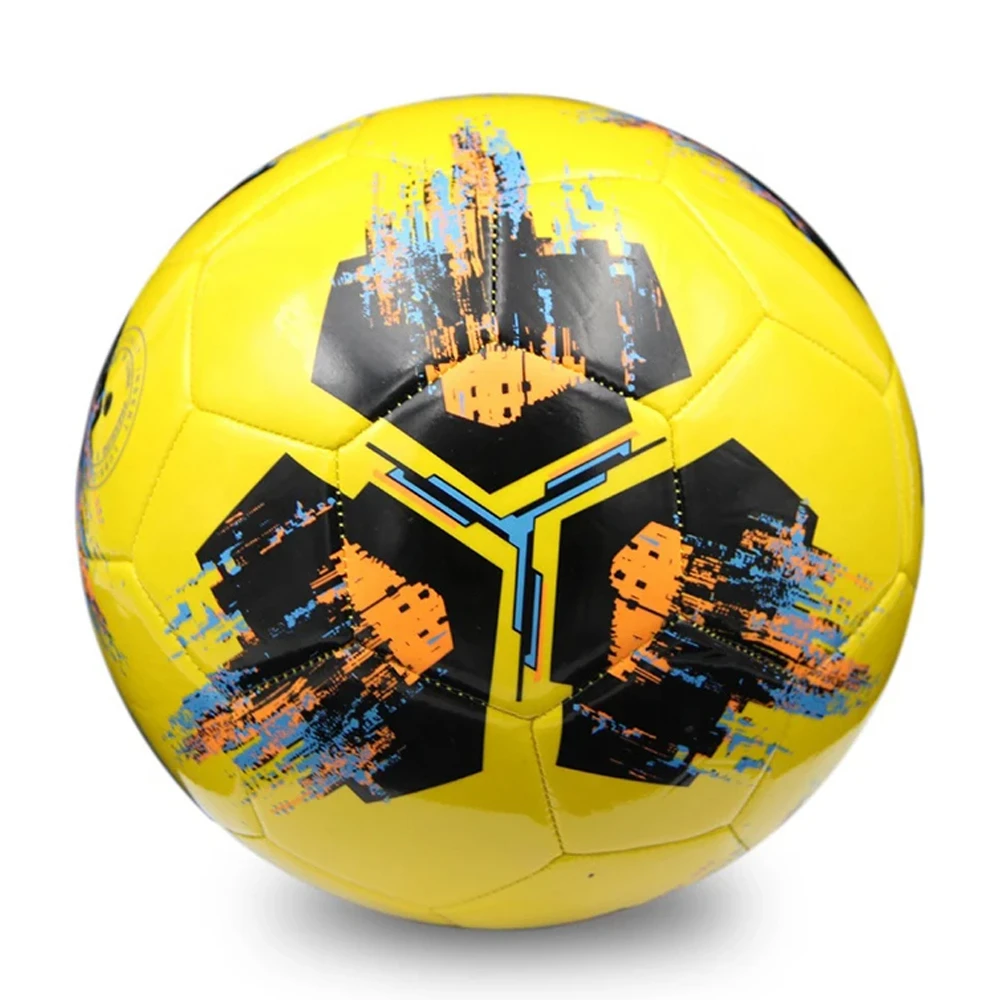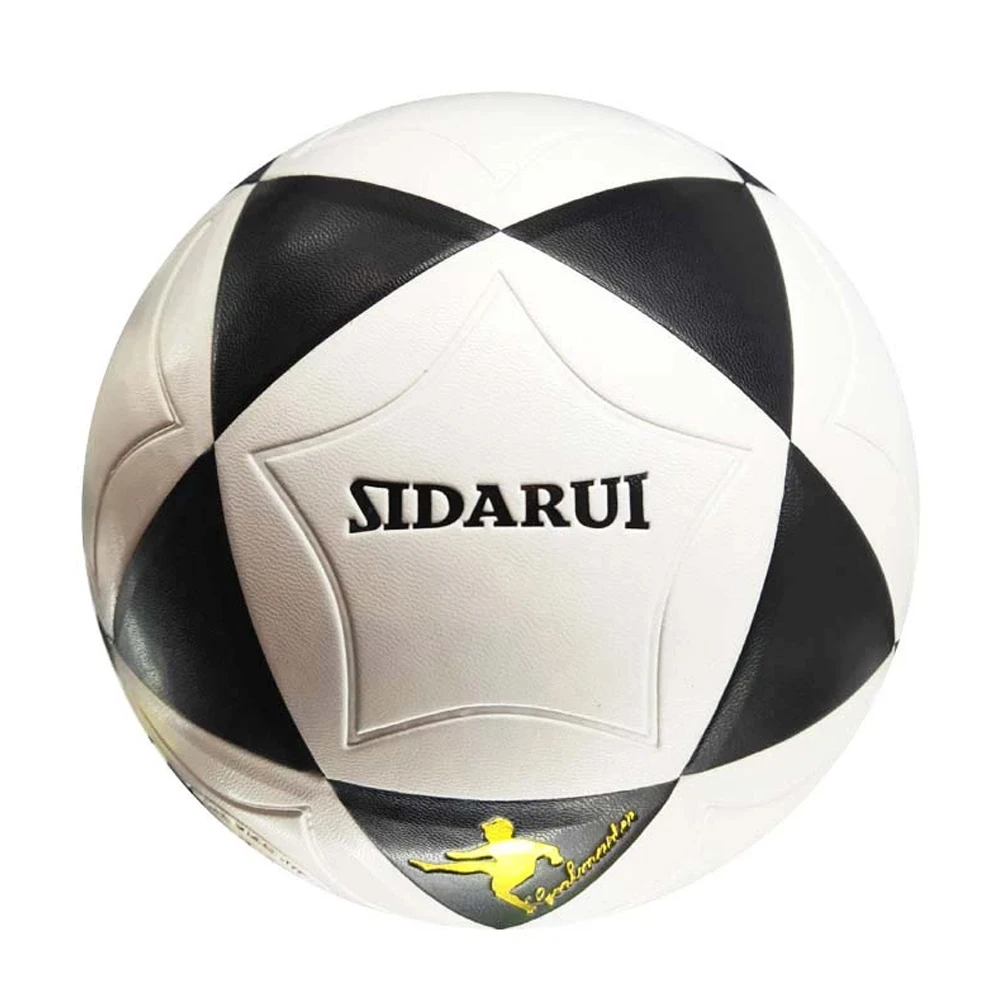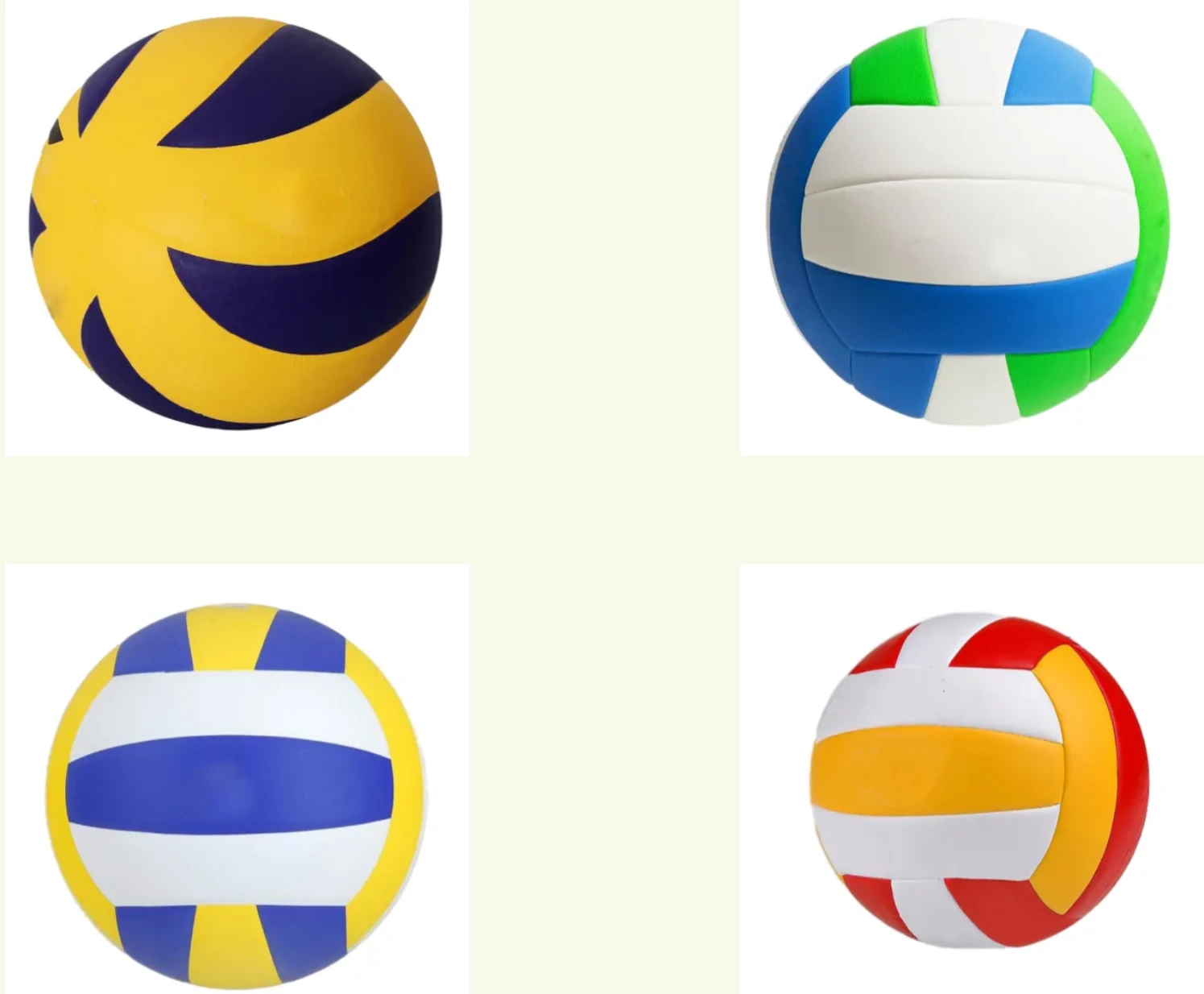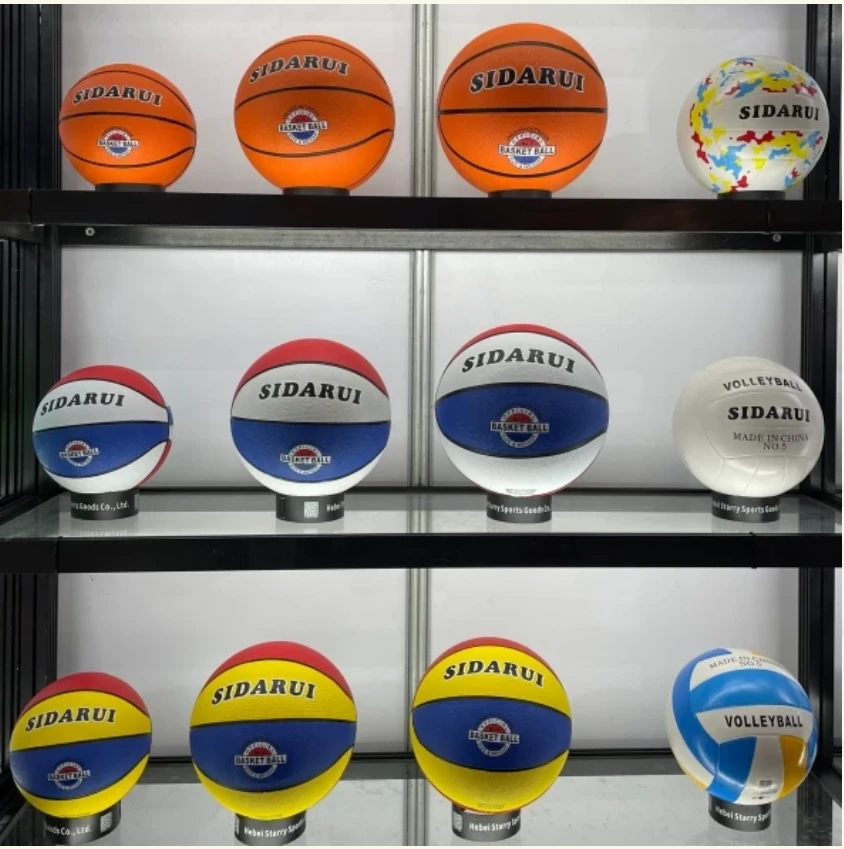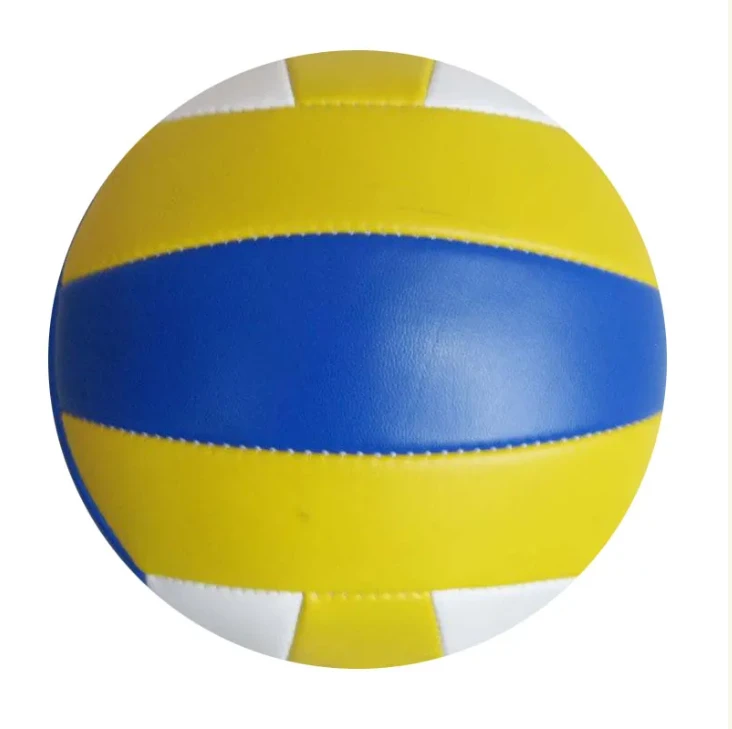May . 30, 2025 15:47
- Market Evolution of Basketball Manufacturing
- Technical Advancements in Ball Production
- Comparing Top Manufacturers
- Custom Design Capabilities
- Global Application Scenarios
- Supply Chain Specialization
- Future Industry Directions

(basketball manufacturer)
The Essential Role of Professional Basketball Manufacturers
Specialized ball production demands exacting standards. A certified basketball manufacturer
must navigate complex physics requirements while maintaining durability for competitive play. Industry data indicates 94% of professional leagues exclusively use balls meeting FIBA-approved specifications. Manufacturing precision directly impacts bounce consistency (regulated at 1,300-1,400mm drop height) and grip performance. The global sports equipment market projects 6.7% CAGR growth through 2028, with premium basketballs driving significant revenue shares.
Engineering Advancements in Ball Production
Composite material innovations transformed performance characteristics. Leading facilities employ hybrid microfiber covers absorbing 40% more moisture than traditional leather while enhancing tactile control. Internal bladder technologies evolved from butyl to advanced latex-nylon blends, maintaining air retention for 120+ days without reinflation. Proprietary manufacturing techniques like thermo-bonded channels now replace stitching in 78% of professional-grade balls, eliminating ridge discomfort and improving shot accuracy. Dimensional tolerances are laser-verified within ±0.2mm during quality control.
Comparative Analysis of Industry Leaders
| Brand | Production Capacity | Custom Options | FIBA Approval | Lead Time |
|---|---|---|---|---|
| Molten | 4.2M units/year | 28 colorways | Full certification | 25 days |
| Spalding | 11M units/year | Custom logos | NBA specification | 32 days |
| Wilson | 8.7M units/year | 10 material choices | NCAA standard | 28 days |
Custom Design Implementation Process
Bespoke production begins with 3D prototyping to visualize texture and panel configurations before tooling initiation. Reputable custom basketball manufacturers maintain dedicated design teams implementing client-specific features through sequential phases:
Material Selection Phase: Options range from premium microfiber composites to eco-friendly synthetic alternatives meeting specific bounce coefficient requirements
Color Integration: Advanced pad printing accommodates unlimited Pantone shades without affecting surface tackiness
Brand Application: Sublimation techniques embed permanent logos resistant to court abrasion across 300+ play hours
Production minimums start at 500 units for custom orders, with sampling completed within 14 business days. Strict testing protocols ensure identical performance metrics across all customized units before shipment clearance.
Global Application Scenarios
Performance basketballs serve diverse market sectors beyond professional leagues. Educational institutions account for 42% of volume orders, with NCAA-approved models featuring reinforced carcasses for daily training rigors. International events like FIBA World Cup require tournament-specific models produced in batches exceeding 50,000 units. Corporate promotions utilize custom basketball manufacturer services for branded merchandise, representing 18% of industry revenues. Premium indoor models feature microfiber covers designed specifically for hardwood court traction, while outdoor versions integrate abrasion-resistant rubber compounds rated for 60,000+ dribble cycles on asphalt surfaces.
Supply Chain Specialization Strategies
Vertically integrated production facilities control critical stages from raw material synthesis to final assembly. Synthetic rubber compounding occurs in ISO-certified factories maintaining viscosity consistency within ±3%. Automated cutting systems minimize leather/microfiber waste below 4% through algorithmic pattern nesting. Strict environmental protocols govern solvent usage during surface texturing processes, with leading manufacturers achieving ISO 14001 compliance. Major export hubs strategically located near seaports maintain 96% on-time shipment rates through dedicated logistics partnerships. Blockchain integration now enables component traceability throughout manufacturing cycles.
Future Outlook for Basketball Production
Technical developments will continue transforming basketball manufacturing. Materials science innovations focus on self-cleaning nano-surface treatments that maintain grip without manual wiping. Smart sensor integration enables performance tracking through embedded microchips analyzing rotation metrics and shot arc during gameplay. Sustainability initiatives drive recycled material adoption targets, with major brands committing to 45% recycled content by 2028. The continued globalization of basketball ensures dynamic expansion opportunities for manufacturers developing region-specific models accommodating varied climate conditions and playing styles worldwide. Custom basketball manufacturer capabilities will increasingly become the industry differentiator as team branding needs escalate across amateur and professional divisions.
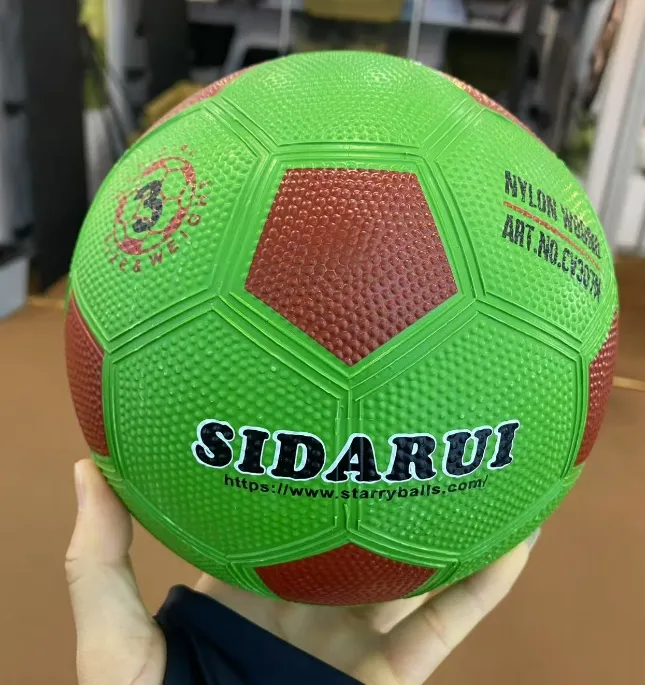
(basketball manufacturer)
FAQS on basketball manufacturer
Q: What services do basketball manufacturers typically offer?
A: Basketball manufacturers specialize in producing high-quality game balls, practice balls, and custom-designed basketballs. Many also offer bulk ordering, logo printing, and material customization for teams or brands.
Q: How long does a custom basketball manufacturer take to fulfill orders?
A: Production typically takes 4-6 weeks, depending on design complexity and order size. Rush orders may be accommodated with additional fees. Manufacturers usually provide timelines after finalizing specifications.
Q: What materials do reputable football ball manufacturers use?
A: Top manufacturers use synthetic leather, polyurethane (PU), or latex bladders for durability and performance. FIFA-approved balls often feature machine-stitched panels and water-resistant coatings for professional play.
Q: Can one manufacturer produce both basketballs and footballs?
A: Yes, many sports equipment manufacturers have facilities for producing multiple ball types. Shared production lines allow efficient manufacturing of basketballs, footballs, and volleyballs using specialized molds and materials.
Q: What certifications should a custom basketball manufacturer have?
A: Look for FIBA or NBA certifications for performance standards. ISO 9001 ensures quality control, while BSCI/SEDEX audits confirm ethical labor practices. Eco-certifications like REACH may apply for material safety.




